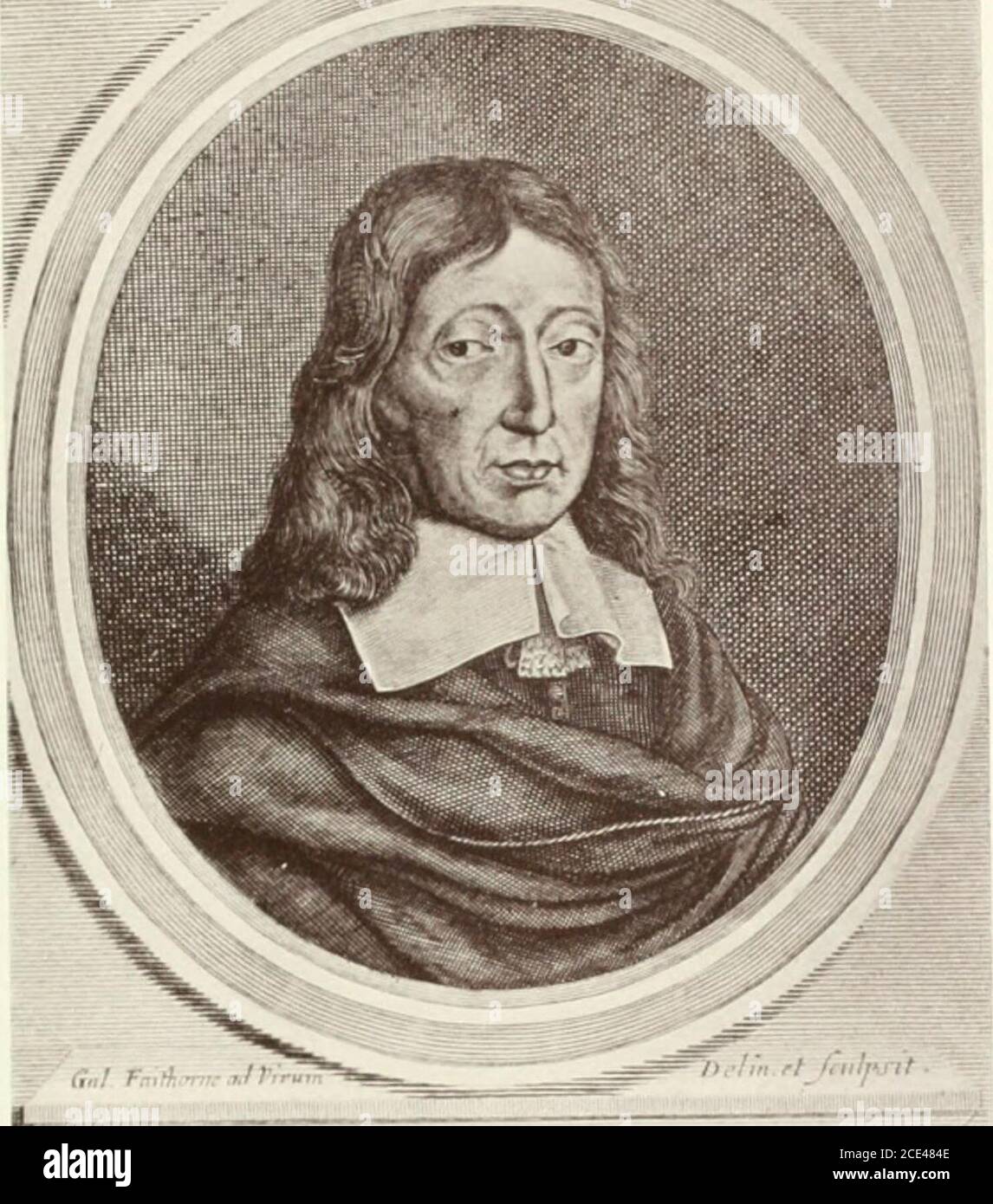. Historical portraits ... the lives of C.R.L. Fletcher .. . He soon desertedPresbyterianism as being too narrow, and gave his support toIndependency, to the Commonwealth, and then to Cromwell,actuated always by the hope derived from his passionate ideal-ism. He longed for a sort of millennium somewhat resemblingthe Christian commonwealth of mediaeval imagination, a state ofcomplete liberty and perfect religion, and amid the sordid strifeof party warfare this remained always before his mind. Hispamphlets have only been saved from oblivion by the style inwhich they are written. Their majestic e

Image details
Contributor:
Reading Room 2020 / Alamy Stock PhotoImage ID:
2CE484EFile size:
7.1 MB (406.8 KB Compressed download)Releases:
Model - no | Property - noDo I need a release?Dimensions:
1484 x 1683 px | 25.1 x 28.5 cm | 9.9 x 11.2 inches | 150dpiMore information:
This image is a public domain image, which means either that copyright has expired in the image or the copyright holder has waived their copyright. Alamy charges you a fee for access to the high resolution copy of the image.
This image could have imperfections as it’s either historical or reportage.
. Historical portraits ... the lives of C.R.L. Fletcher .. . He soon desertedPresbyterianism as being too narrow, and gave his support toIndependency, to the Commonwealth, and then to Cromwell, actuated always by the hope derived from his passionate ideal-ism. He longed for a sort of millennium somewhat resemblingthe Christian commonwealth of mediaeval imagination, a state ofcomplete liberty and perfect religion, and amid the sordid strifeof party warfare this remained always before his mind. Hispamphlets have only been saved from oblivion by the style inwhich they are written. Their majestic eloquence has never beenapproached by anj- writer since the Restoration, and the Areo-pagifica, a plea for the freedom of the press, published in 1644, . (, .- ViCUIIIlU 1 II i^i^/ JOHN MILTONKrom llic engraving l^y railliorne in tlie National Portrait Gallery /<?« /. 14S JOHN MILTON 149 has always been taken as a model of English prose. Until 1649Milton lived and wrote in complete seclusion, but in that year hewas made Latin Secretary to the Committee for Foreign Affairs, andin this capacity became the official defender of the revolutionaryGovernment. He was commissioned to answer the Eikon Basilike, which purported to portray the sufferings of Charles I, andaccordingly issued his Iconoklastes, a production devoid of tasteor originality. In 1651 he replied to Salmasiuss Defensio Regia, another indictment of the regicides, in his Pro populo Anglicanodefensio. It consists mainly of the vulgarest personal abuse, andis distinguished only by the ease of its Latinity. Next year hissight, which had long been weak, failed him entirely. He continuedhis official duties until the Restoration shattered both his hopes andhis fortune. He escaped r